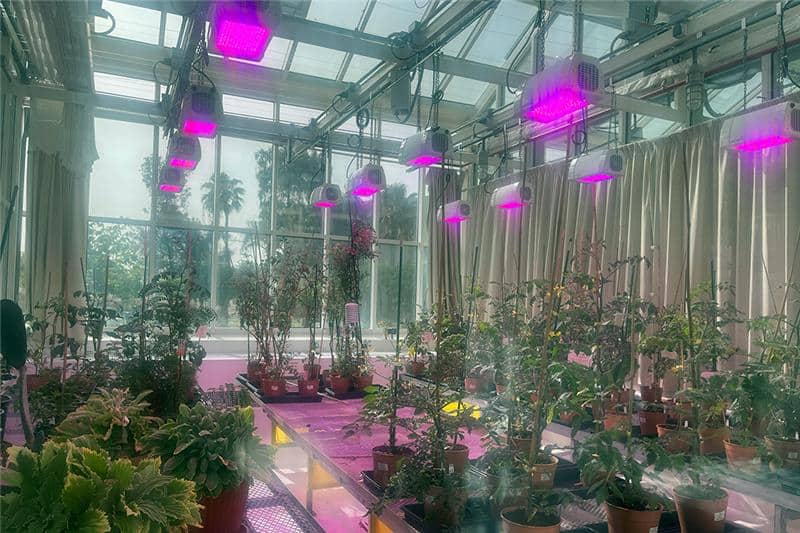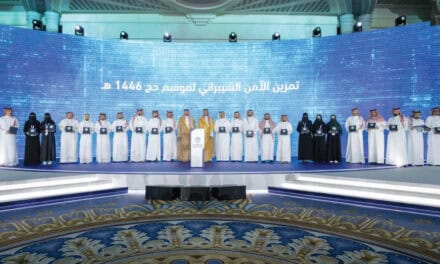KAUST Nanotech Boosts Saudi Crop Yields by 200%
Thuwal, Saudi Arabia — Scientists at King Abdullah University of Science and Technology (KAUST) have developed a new KAUST nanotech crop yield technology that increases harvests in miniature greenhouses by up to 200%. The hybrid greenhouse innovation combines nanotech plastic covers with biodegradable mulch. This method allows crops to thrive in arid climates, significantly reducing energy use.
Breakthrough for Arid Agriculture
The new crop yield technology relies on plastic films embedded with infrared-blocking nanoparticles. These materials keep out heat-causing infrared light while allowing in the visible spectrum essential for photosynthesis. As a result, KAUST’s nanotech greenhouse temperatures in Saudi Arabia dropped by up to 25°C.
“This system makes many crops viable in desert regions,” said Professor Qiaoqiang Gan, a global expert in passive cooling. “It supports both food security and carbon goals.” The hybrid greenhouse innovation requires no electricity, making it ideal for sustainable farming that utilizes technological advancements in nanotech from KAUST.
Biodegradable Mulch Enhances Efficiency
To enhance the greenhouse cooling system, the KAUST team developed a biodegradable mulch. During the early plant stages, the mulch reflects light and cools the soil. As crops mature, it dissolves into the soil, reducing waste and pollution.
“Plastic mulch produces 1.5 million tons of waste yearly—over 40% of which remains unrecycled,” said Yanpei Tian, the postdoctoral researcher behind the mulch. “Our solution leaves no microplastics behind while advancing KAUST nanotech in agriculture.”
Results and Global Implications
Tests using Chinese cabbage showed that the crop yield technology tripled productivity compared to traditional materials. Thanks to its KAUST nanotech foundation, it also lowered cooling costs and eliminated long-term plastic waste. This agricultural breakthrough provides a scalable model for farming in extreme climates.
With this innovation, KAUST reinforces its position at the forefront of food security and sustainability in desert environments. The system offers a high-yield, low-waste farming solution for the Middle East and other arid regions, driven by KAUST’s nanotech advancements.





